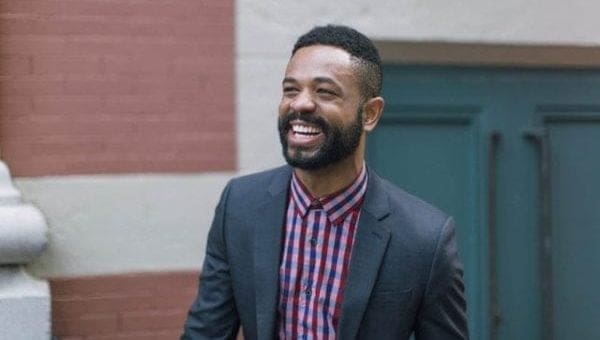 The great American writer Mark Twain said, “I can live for two months on a good compliment.”
The great American writer Mark Twain said, “I can live for two months on a good compliment.”
No matter who we are and what level of success we’ve achieved, everyone appreciates a sincere compliment. It can brighten our day or even change the trajectory of our lives.
Don Miguel Ruiz, in his classic book The Four Agreements, tells us to, “Be impeccable with your word. Speak with integrity. Use the power of your word in the direction of truth and love.”
This is the essence and the strength of a compliment. If someone has given us a service that we appreciate, why wouldn’t we express our thanks with a sincere and specific commendation?
“The pasta was cooked to a perfect el dente. I really enjoyed it. Thank you!” This not only makes the cook feel appreciated, it makes us feel good knowing that we’ve brightened another person’s day.
Yet many of us are reluctant to give others compliments. Messages come to us like, “She doesn’t need to hear that from me. She already knows she’s great.” Or, “I don’t want to give him a big head and a false sense of himself.”
Some argue that we shouldn’t give ribbons and prizes to small children who participate in sports even when they don’t win. They state that it creates a false confidence and sets them up for failure later in life.
Yet if we look at the best sports programs in the world we see that this is not the case. Norway is by far the most successful country in the Winter Olympics, yet they stress participation, not competition, before the age of 12. As a result, the vast majority of their children are involved in sports clubs and then the cream simply rises to the top as they mature.
We need to remember that children are exploring their interests and abilities. The more we encourage them, the more they will explore, and the more they’re likely to discover and pursue what they’re truly passionate about.
Yet childhood is not our only time of discovery. Life is full of opportunities to unearth hidden talents and develop our gifts. Many of us have only scratched the surface of our potential greatness and our giftedness for humanity. As Canadian human rights lawyer and activist Payam Akhavan tells us, “The biggest power that you can have is to know yourself, to know yourself in a deep way.”
Because we’re social beings, we get to know ourselves, at least in part, through our interactions with others. Their kind words and their support give us the courage to try. Of course, internal motivation is vital if we’re ever going to achieve our full potential but we can never underestimate the importance a compliment can serve as a catalyst.
I’m forever grateful to the earliest readers of my blogs who told me how much they liked them and encouraged me to expand my audience. Though I felt writing was time well spent, I had no idea that people would actually read and enjoy my work. I continue to be thankful for the kind words of my followers, and each compliment motivates me to inspire more and more people.
Finally, it’s important to note that our encouraging words also benefit us. We feel good when we make others feel appreciated. Creating these sentiments of goodwill also make it clear that we’re confident enough in our abilities to celebrate the successes of our neighbours.
As Abraham Lincoln said, “Everybody likes a compliment.” It costs us nothing and it has the power to change the world.
Gerry Chidiac is an award-winning high school teacher specializing in languages, genocide studies and work with at-risk students.
The views, opinions and positions expressed by columnists and contributors are the author’s alone. They do not inherently or expressly reflect the views, opinions and/or positions of our publication.


